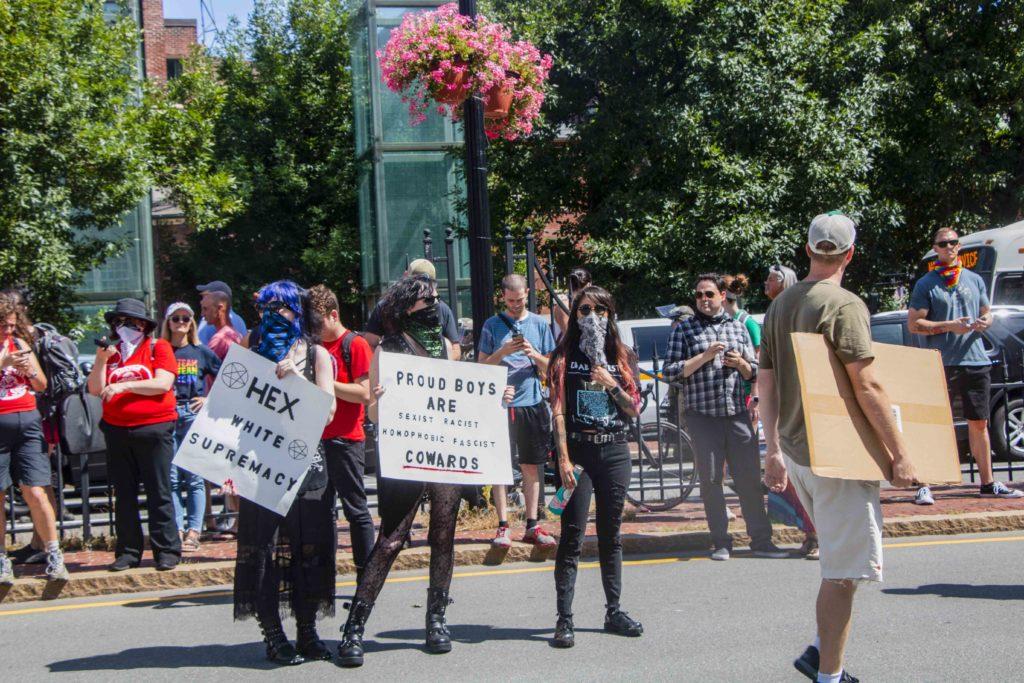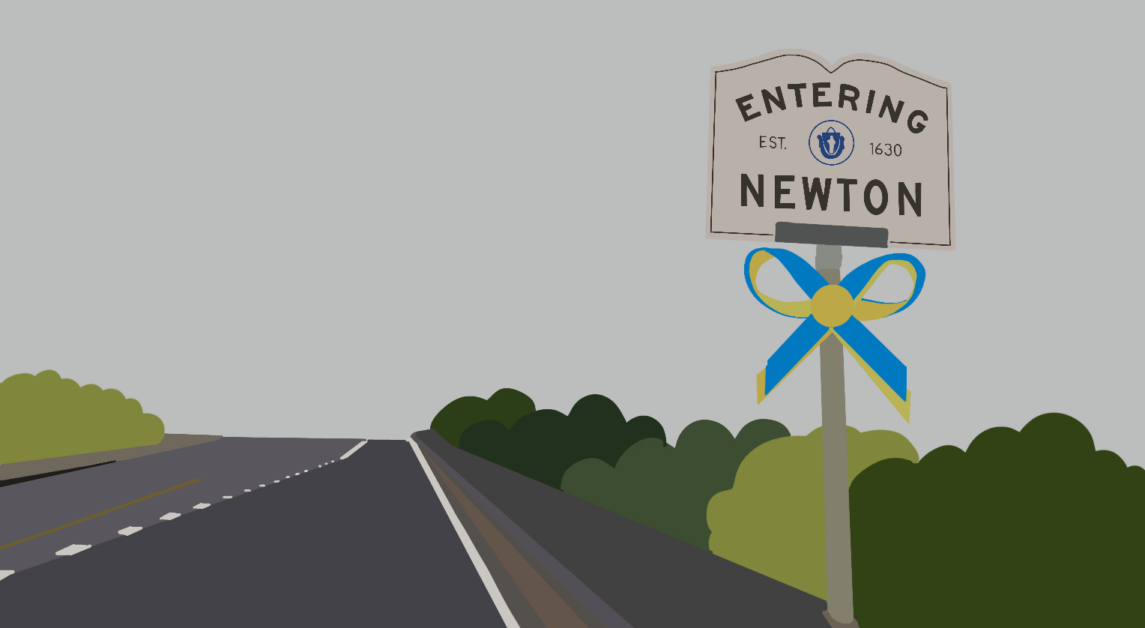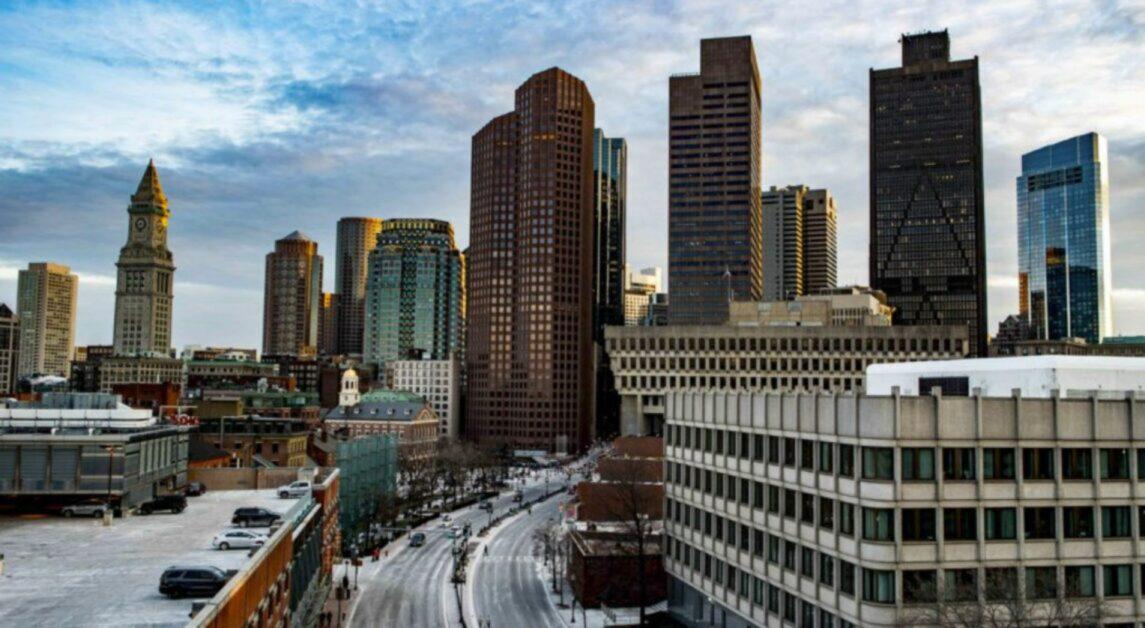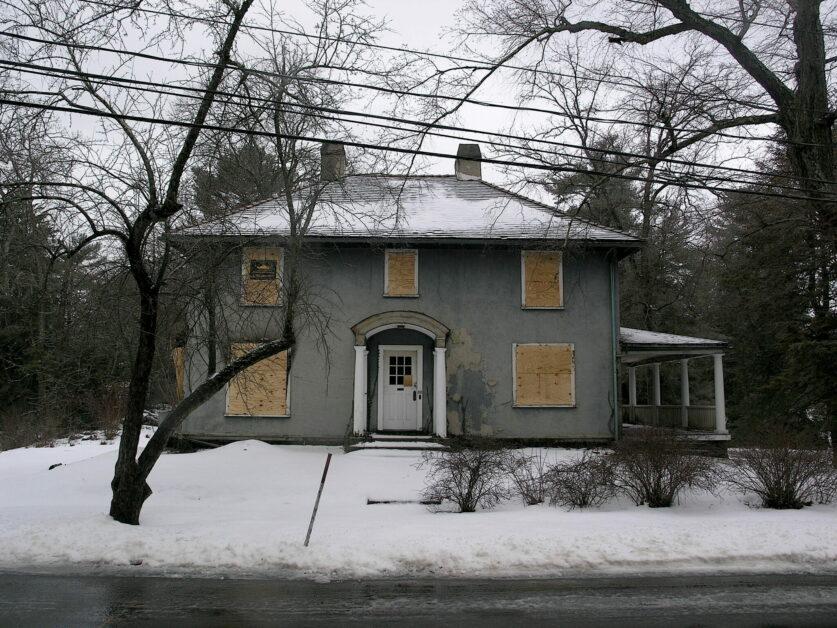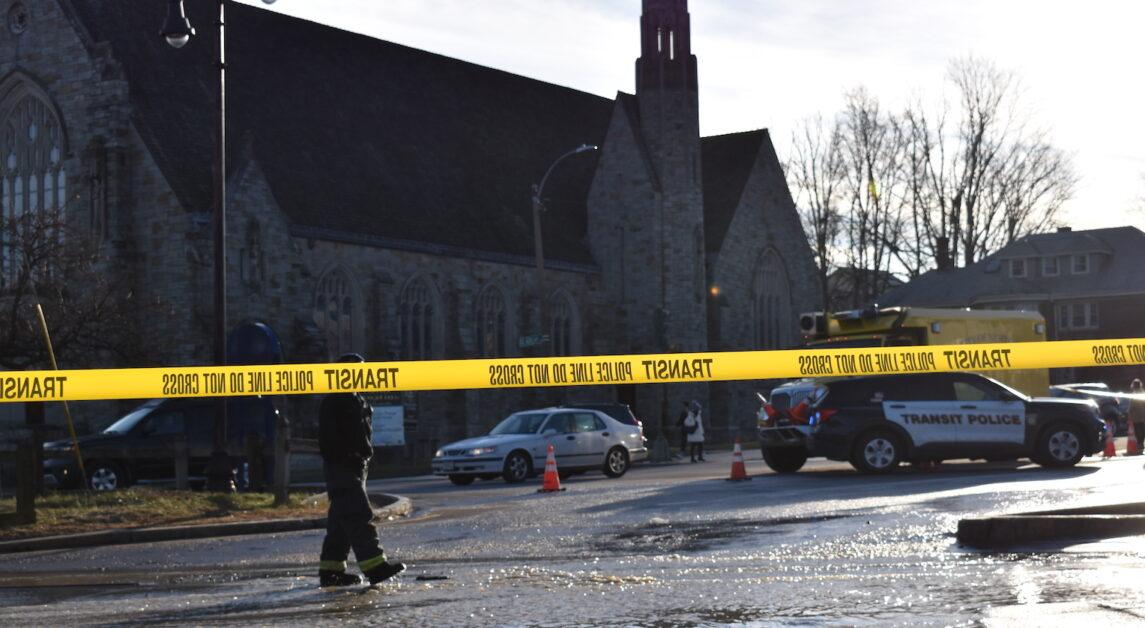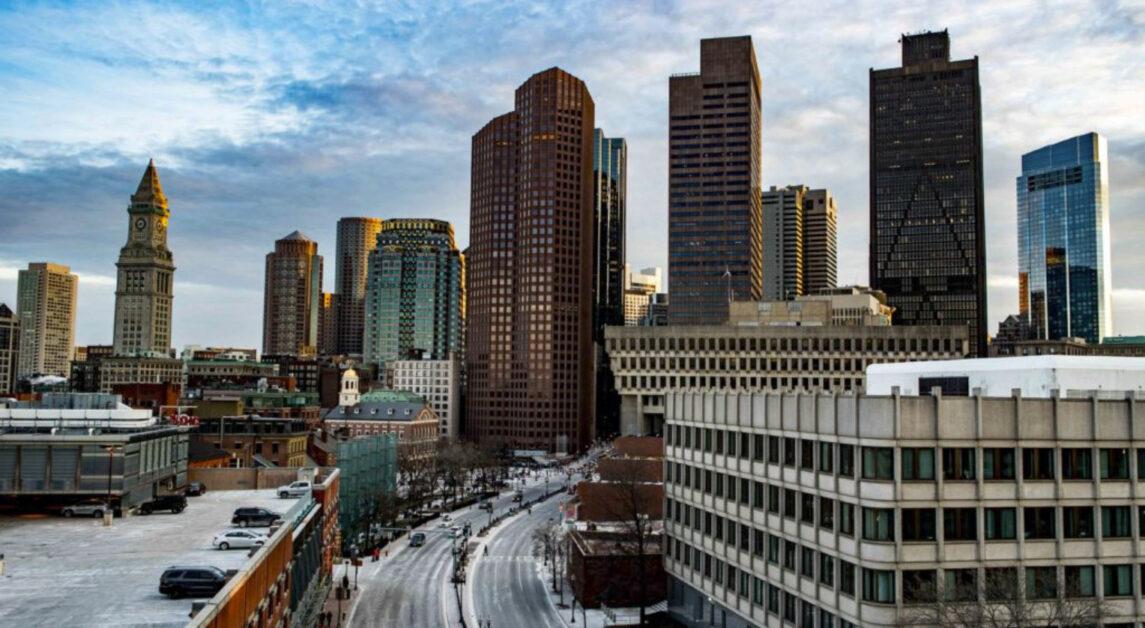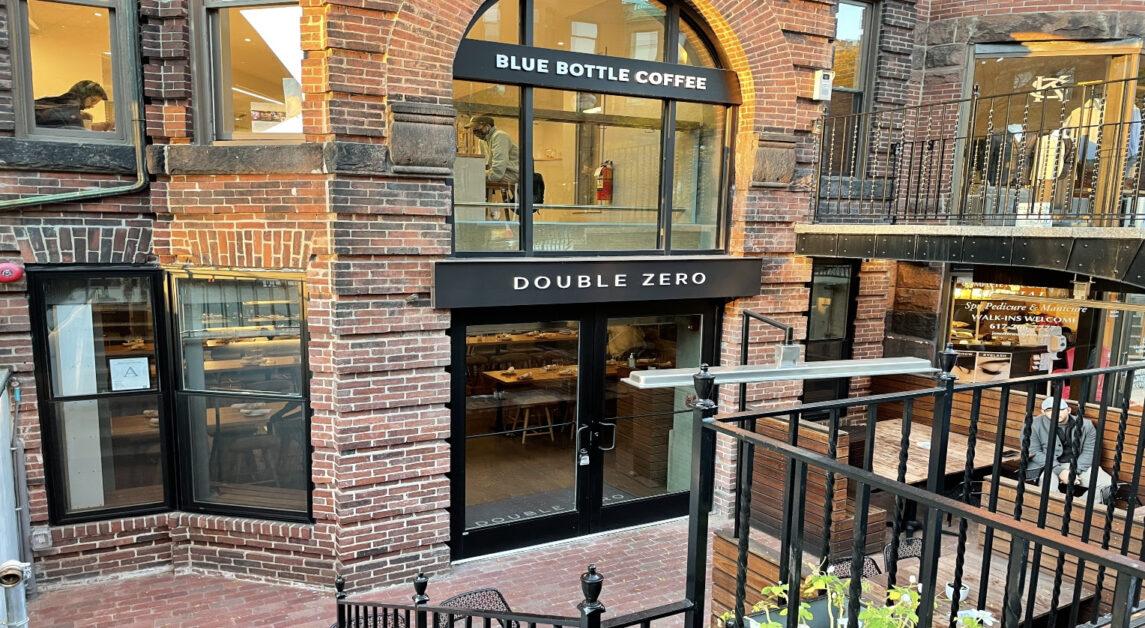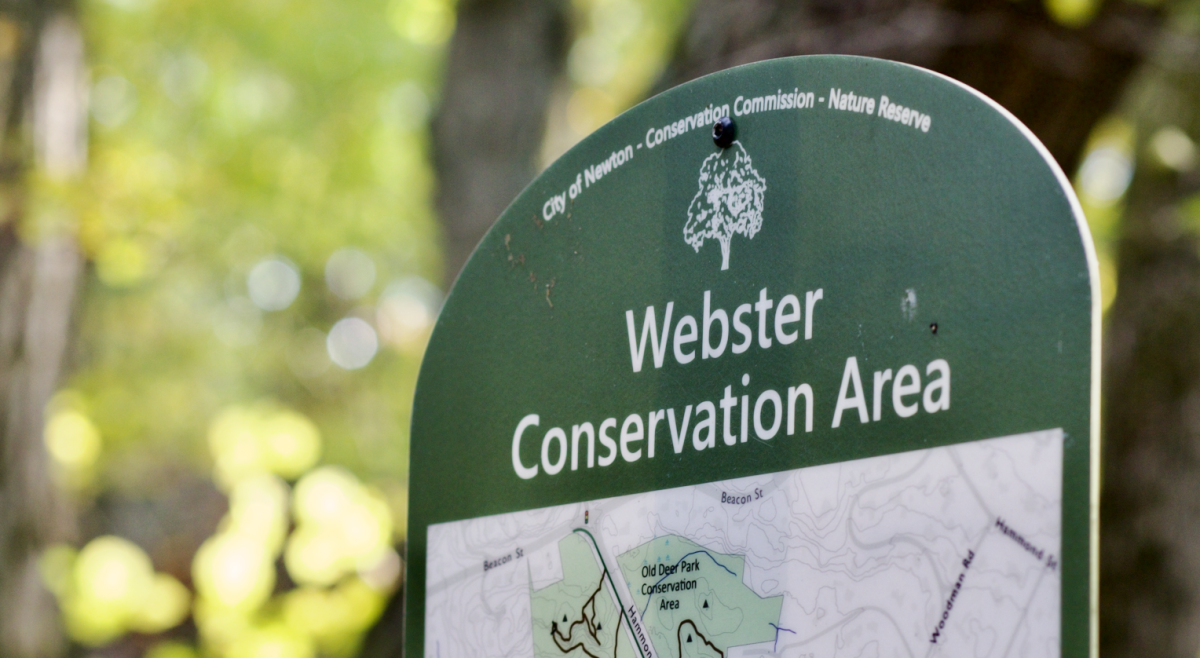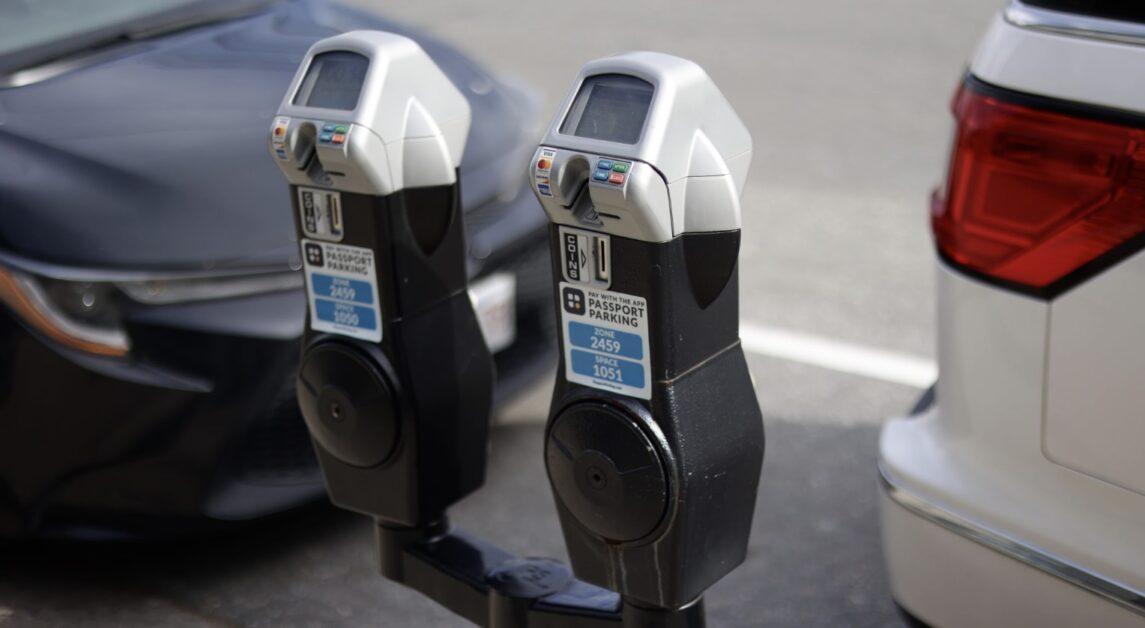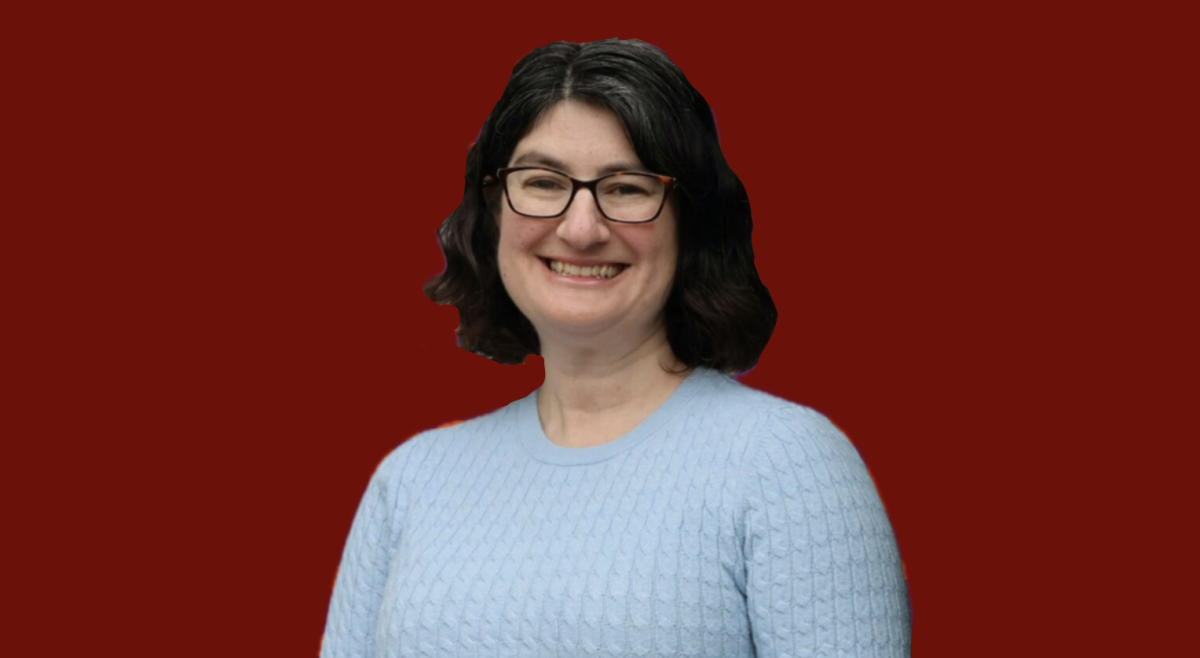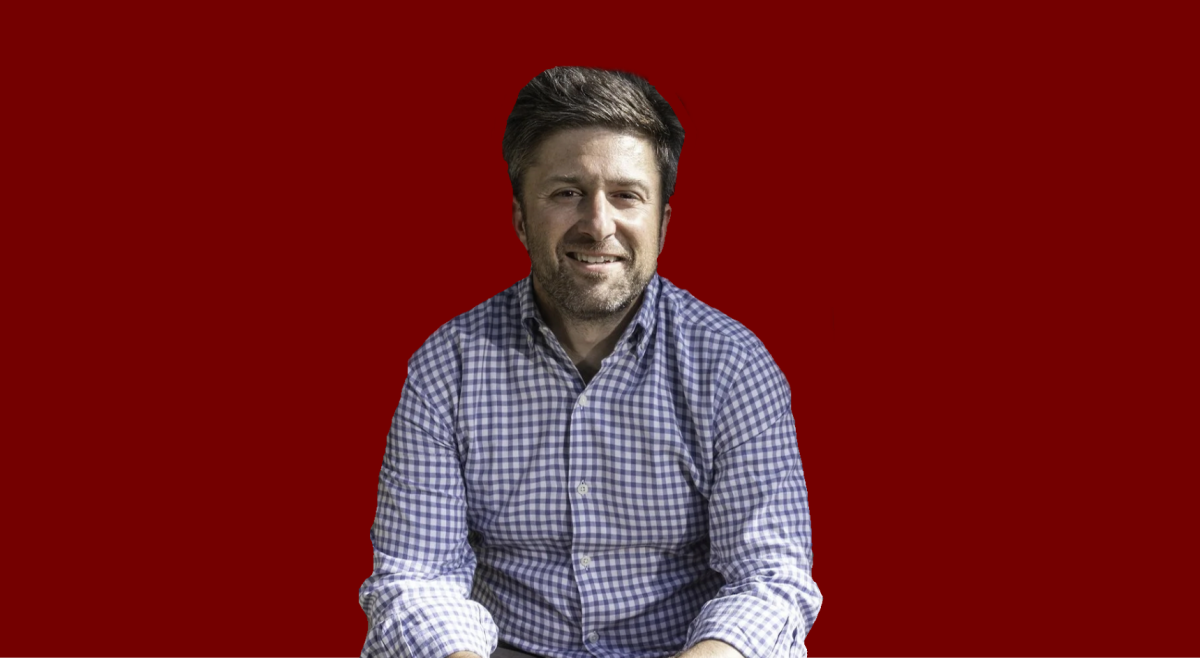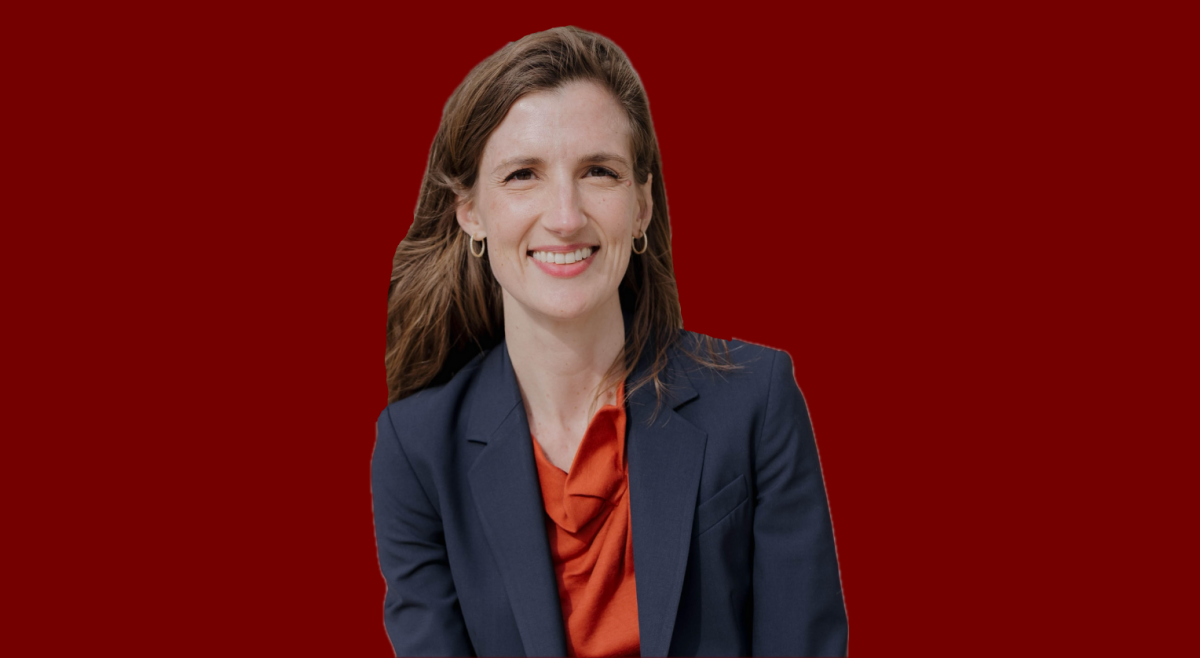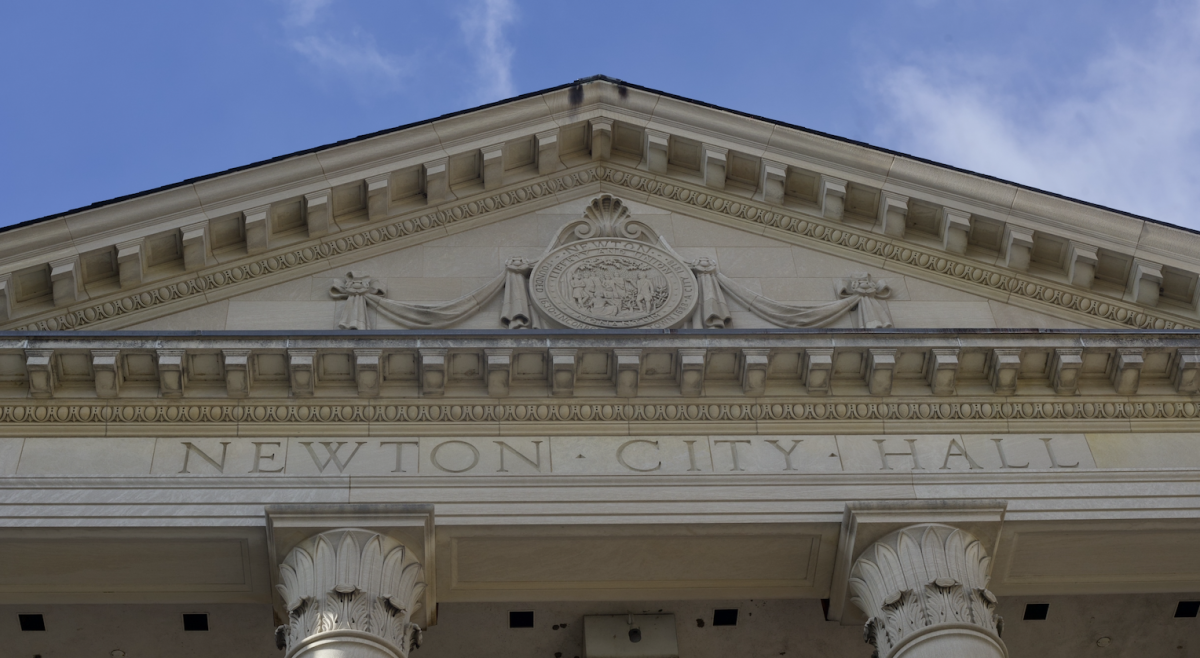In the wake of counter-protests at the Straight Pride Parade two weeks ago, the Boston City Council discussed the prohibition of wearing a mask, hood, or other devices designed to conceal the identity of protesters in Boston.
Many of the protesters at the Straight Pride Parade were wearing masks to disguise their faces, the proposal said. The counter-protests led to the injury of four Boston police officers and 36 arrests.
“When did protesting equals violence become society’s norm?” asked Tim McCarthy, the councilor who brought the proposal. “When did society say it was okay to throw cups of urine and bottles at police officers?”
Boston wouldn’t be the first place to pass legislation like this. The proposal is based largely on a similar law in Virginia, which prohibits people over the age of 16 from covering their faces in an attempt to hide their identities. There are some exemptions, such as for people who require masks for their jobs or during theatrical performances.
McCarthy is aware of the potential controversy surrounding this issue, he said, noting people’s hesitation to limit citizen’s first amendment rights. The councilor said he shares that hesitation. McCarthy argued, though, that the prohibition of masks and face coverings at Boston protests does not interfere with citizens’ constitutional rights.
“This [the safety of first responders] is incredibly important,” McCarthy said. “This is what this ordinance is based on. The common sense legislation that people should not be allowed to do what happened last week. That is not First Amendment speech, that is violence, and it shouldn’t be stood for in the City of Boston.”
Historical context must be kept in mind during this discussion, said Lydia Edwards, the councilor for District 1, who cautioned the council not to overestimate the power of this legislation. The Ku Klux Klan have prompted legislation against face coverings in the past, she said.
“You want to make sure when you come out, you need to be out about who you are,” Edwards said. “But at the same time we shouldn’t assume that this is a silver bullet nor do I think that you are saying that. This is not going to eliminate violence and protesting.”
Exemptions for religious beliefs and health reasons need to be discussed, he said, and the law needs to be enforced fairly and without selectivity, said Josh Zakim, councilor for District 8.
“As an Arab with Arab sisters, my cultural community, that are Muslim, my father, as you know, is Muslim,” said Annissa Essaibi-George, an at-large councilor. “I worry about the role of religious exemptions, especially in this.”
The docket has been assigned to the Committee on Public Safety and Criminal Justice for further discussion.
Featured Image by Colleen Martin / Heights Editor

